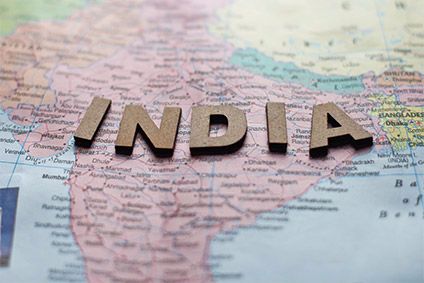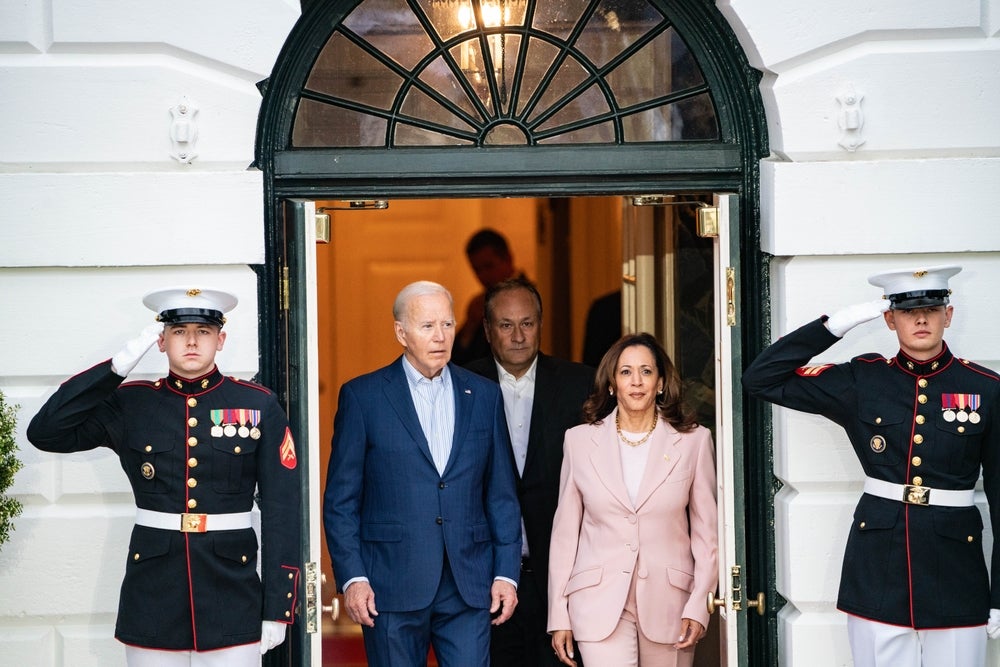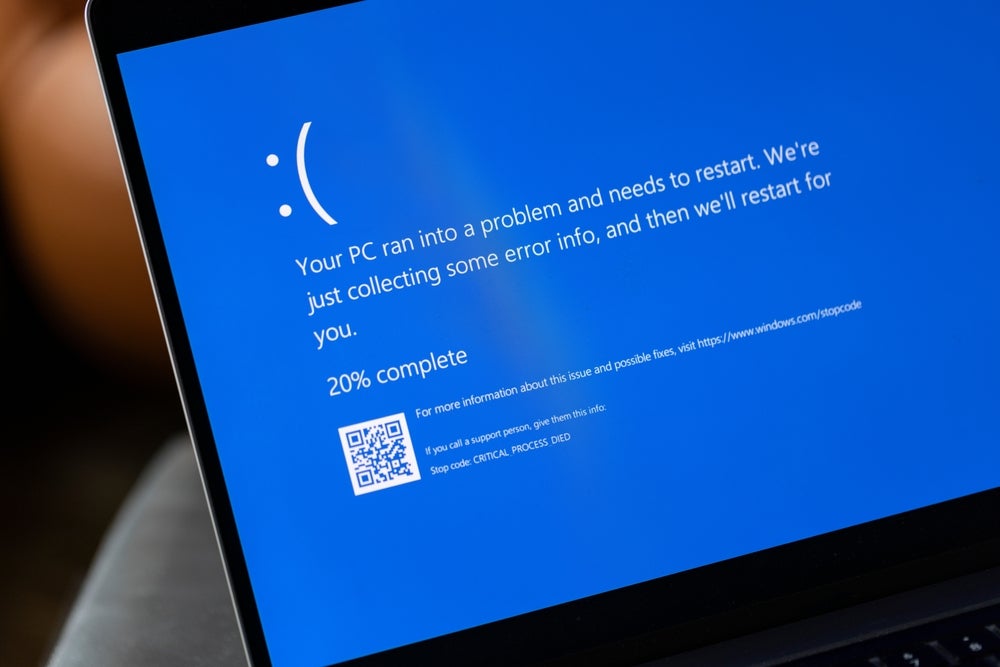
Euratex has published a position paper following recent talks between European Commission Executive Vice-President, Valdis Dombrovskis, and Indian Commerce Minister, Piyush Goyal, regarding a “balanced, ambitious, comprehensive and mutually beneficial” free trade agreement between the two nations.
The relaunch of EU-India bilateral negotiations was first decided by the EU-India Leaders’ Meeting held on 8 May 2021. The EU and India had first launched negotiations for a free trade agreement in 2007, before the talks were suspended in 2013 due to a gap in ambition.
The EU is India’s 3rd largest trading partner, accounting for EUR88bn worth of trade in goods in 2021 or 10.8% of total Indian trade. India is the EU’s 10th largest trading partner, accounting for 2.1% of EU total trade in goods in 2021, according to figures from the European Commission.
Trade in services between the EU and India reached EUR30.4bn in 2020. The EU’s share in foreign investment stock in India reached EUR87.3bn in 2020, up from EUR63.7bn in 2017, making the EU a leading foreign investor in India.
However, trade relations between the two nations in textiles and clothing, in particular, are characterised by a large and systemic trade deficit for the EU; annual imports from India exceed EUR6bn (2021) – making it the fourth supplier – while EU exports to India reached just half a billion – the 20th place in the EU’s export markets.
Against this background, Euratex says the free trade negotiations are an opportunity to rebalance that relationship; European textile and clothing companies, it adds, can offer high-quality and innovative products for the Indian market, but they can also offer solutions to reduce the environmental footprint of the textile industry.
How well do you really know your competitors?
Access the most comprehensive Company Profiles on the market, powered by GlobalData. Save hours of research. Gain competitive edge.

Thank you!
Your download email will arrive shortly
Not ready to buy yet? Download a free sample
We are confident about the unique quality of our Company Profiles. However, we want you to make the most beneficial decision for your business, so we offer a free sample that you can download by submitting the below form
By GlobalDataEuratex is supporting “an ambitious EU trade agenda, that puts reciprocity, transparency, fair competition and equal rules at the centre of its action”.
“The FTA is an opportunity to establish a more sustainable and fair trading system, based on rules, global environmental and social standards, which are effectively respected by all,” it adds.
Director General Dirk Vantyghem commented: “We look to these negotiations with great interest. The FTA is an opportunity to develop a shared ambition between the European and Indian industry to make sustainable textiles the norm, and to create a regulatory framework where our companies can compete in a free and fair environment.”
Euratex highlights that the sector needs open and efficient markets, combined with effective controls where necessary, thus ensuring a level playing field for European companies.
India today benefits from reduced customs duties due to GSP. For European companies instead, market access to India is challenging, facing non-tariff barriers (related to proof of origin, quality control procedures, etc.) as well as national or state-level support programmes which distort the level playing field between EU and Indian companies.
Euratex believes that level playing field should also apply to the EU’s sustainability targets. As the EU will roll out its EU Textile Strategy, setting ambitious standards and restrictions, the FTA should be fully aligned with that strategy.
What does the sector need?
- Open and “efficient” markets, but combined with effective controls where necessary, thus ensuring level playing field for European companies;
- Complementarity between the EU’s Trade and Industrial strategy, leading to increased resilience, e.g. through better access to raw materials and stockpiling of strategic goods;
- An ambitious regional agenda, focusing on important partners such as United States, Turkey, Switzerland and the EUROMED region, but also open to new partnerships in Africa;
- Investment in multilateral efforts, thus supporting WTO efforts to work on subsidies, public procurement, IPR, etc.;
- A more sustainable and fair trading system, based on rules, global environmental and social standards, which are effectively respected by all.
In parallel to the negotiations, both sides are also working to define the objectives, scope and format for the EU-India Trade and Technology Council (TTC). The President of the European Commission, Ursula von der Leyen, and the Prime Minister of India, Narendra Modi, agreed to launch this Council at their meeting in New Delhi on 25 May 2022.
Click here to read the full position paper.
Click here to read a recent interview with Euratex director general Dirk Vantyghem on the challenges facing the industry and how to overcome them.







